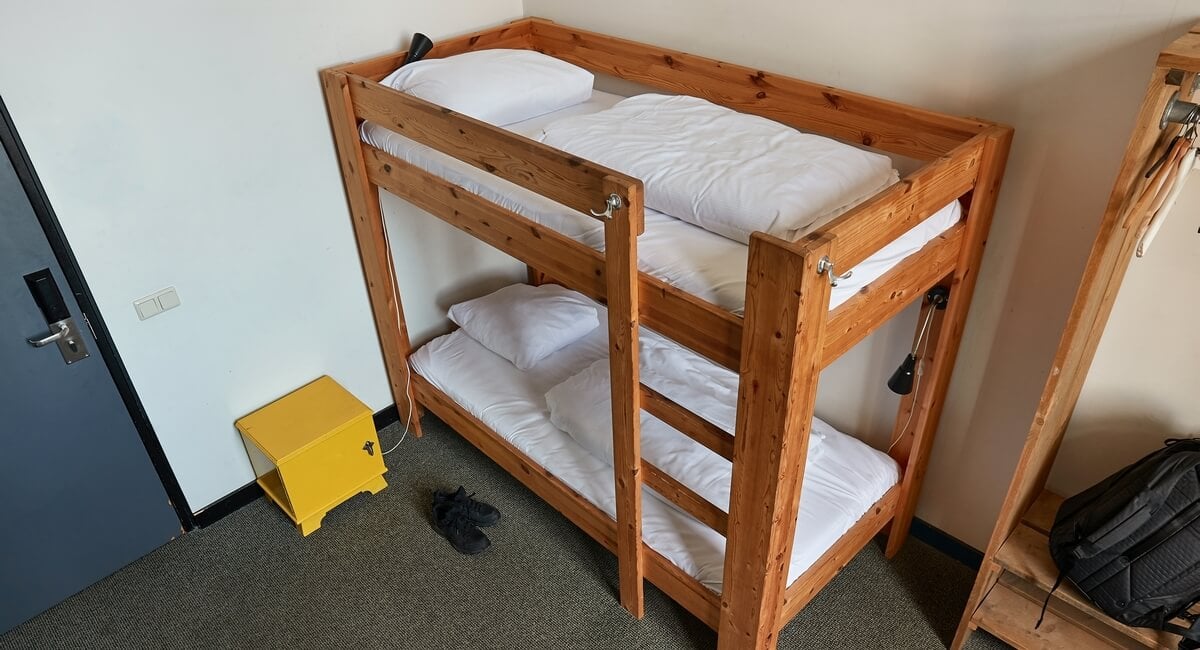Student housing is consistently in high demand, so college towns can be great opportunities for real estate investing. There are some downsides to renting to college students, though. If you’re looking for your next rental property, you might wonder whether investing in a college town is worth it. You should carefully consider the pros and cons before making the investment.
Advantages of Investing in College Towns
Rental units in college towns can be highly competitive and lucrative. Here are some of the greatest benefits of owning rental properties in a college town:

Easy to Get Tenants
Most college towns are full of students looking for housing, so you may not have to market or advertise your rental property at all. A sign outside the building or a simple Google listing could be all you need to attract prospective tenants. Word travels fast in college towns, too. If your tenants have a positive experience, they’ll tell their classmates or colleagues, which will generate even more interest in your properties.

Large Applicant Pool
Because of the high demand for housing in college towns, you’ll probably have a large pool of applicants for all of your rental units. This allows you to be selective when choosing tenants. Renting to college students can be risky because most are young and inexperienced, but if you screen your applicants thoroughly, you can find reliable and respectful tenants. You don’t have to limit yourself to renting to students, too. There may also be a number of faculty and post-grads looking for housing close to campus.
Higher Rates
Students aren’t made of money, but you can earn a fairly high rental income when renting by the room. Most college students live with roommates, and charging per tenant is a great way to maximize your rental income. For example, the average rate for a traditional two-bedroom apartment in your area may be $1,500, but instead, you could rent each bedroom out separately for $800.
Possibility for Prepaid Rent
Some students pay for their entire year of housing up-front with their loans or with assistance from their family. You could even offer a discount for paying up-front. This can give you a great deal of financial security and liquidity that you could use to invest in additional properties.

Simple Units
Student apartments tend to be very plain and simple. Most students don’t have the funds for a luxury apartment with brand new appliances, so a basic, no-frills apartment is highly marketable in a college town. As long as the unit is clean and functional, your renters will be happy. You don’t have to invest in major upgrades or renovations, so you can instead use your funds for new investments.
Disadvantages of Investing in College Towns
Buying property in a college town can be a successful venture, but there are risks involved, too. The following are some downsides to consider before making your investment:

Frequent Tenant Turnover
Most undergraduate students only stay in their apartments for one school year. While you may find more stability with faculty or graduate students, most apartments in college towns experience frequent turnover. This means you’ll be constantly looking for new renters, reviewing applications, and cleaning and preparing your apartments for the next tenants.
Damage to Units
Although not all college students are destructive or disrespectful, you have to remember that most of them are new to adult life and may be living on their own for the first time. When renting to students, you face a higher risk of the units being damaged, dirty, or poorly maintained.

Noise Disturbances
College students are known for partying, so noise disturbances may be a common concern in your apartment building. If any of your renters throw loud parties, you may receive complaints from your other tenants. You should be prepared to settle these disputes.
Summer Vacancies
Students often look for apartments with leases from September to May or June. To market your rentals to college students, you may need to offer these short-term leases. However, summer vacancies will reduce your rental income. You can use the off-season to clean, repair, or upgrade the apartments, but every month the property goes unoccupied is a financial loss.

Tips for Managing Rental Properties in College Towns
Owning and operating a rental property in a college town can be different than managing a traditional apartment building. If you’ve decided that a college town is the right location for your next investment, here are some strategies that will set you up for success:
Require a Co-Signer
Renting to students with limited income and rental history can be risky. Requesting a co-signer is a great way to achieve more stability and security. If your tenant fails to make their payments, the responsibility falls on the co-signer.

Require Renters Insurance
Maintenance and repairs are your responsibility as a landlord. However, renters insurance protects your tenants’ belongings in the event of fire, theft, or other incidents. When your tenants are covered, they’re less likely to pursue legal action against you if their personal property is damaged. Renters insurance policies are inexpensive, and they protect both you and your tenants.
Screen Applicants
Because student housing is in such high demand, you’ll probably get several applications for each unit you’re offering. Screen your applicants carefully to choose the best tenants. You cannot select or deny tenants on the basis of race, religion, national origin, or other protected statuses. However, you can vet your applicants by running credit checks, reviewing employment history, and requesting references.

Rent by the Room
If your property has more than one bedroom, rent each room out separately instead of putting all the tenants on one lease. You can usually charge more per room when offering separate leases than when renting the entire property to one person or party. This also helps with turnover because if one renter moves out, the other tenants’ leases are unaffected.
Offer Student-Friendly Amenities
A few simple amenities can make a big difference when marketing to students. For example, many students look for apartments with on-site laundry. If your apartment building has any common areas, you could also create a designated study space by setting up some desks and computers. Furnished apartments are popular among students, too.
Managing student apartments requires a lot of hands-on work. Your tenants will probably only stay a year, and they may not take great care of the unit. However, you can get a great return on your investment from buying property near colleges or universities. Students and faculty create a consistent demand for housing, so you can find tenants with little to no marketing. As long as you’re aware of the risks and willing to put in the work, you can be successful with your investment.

